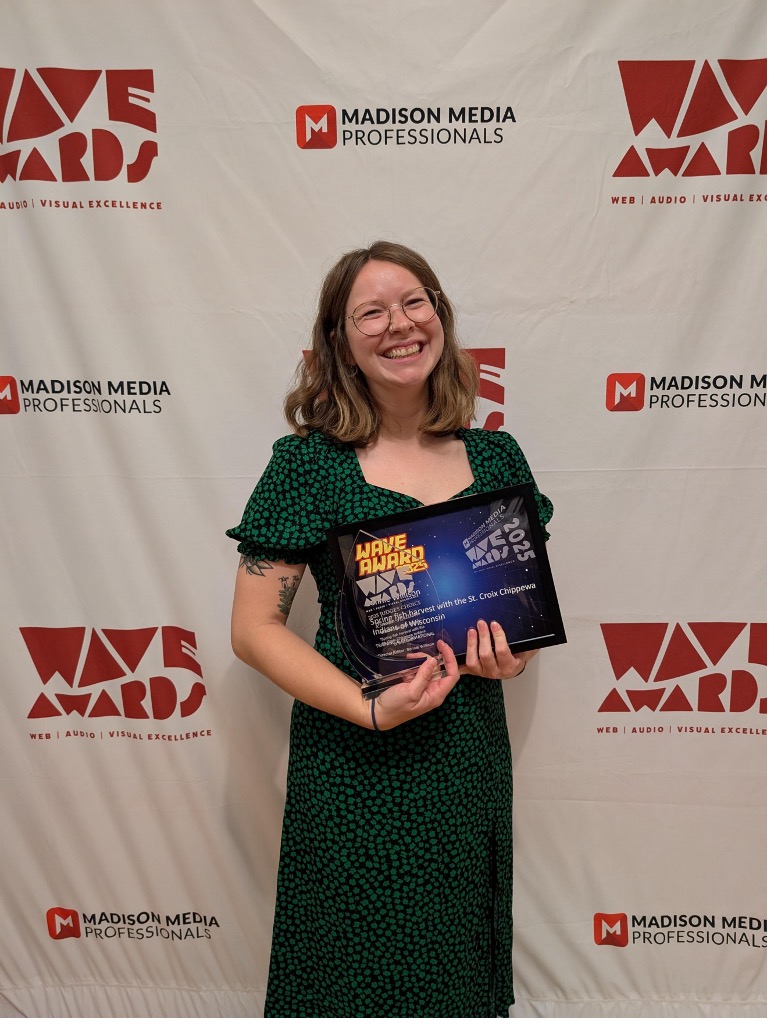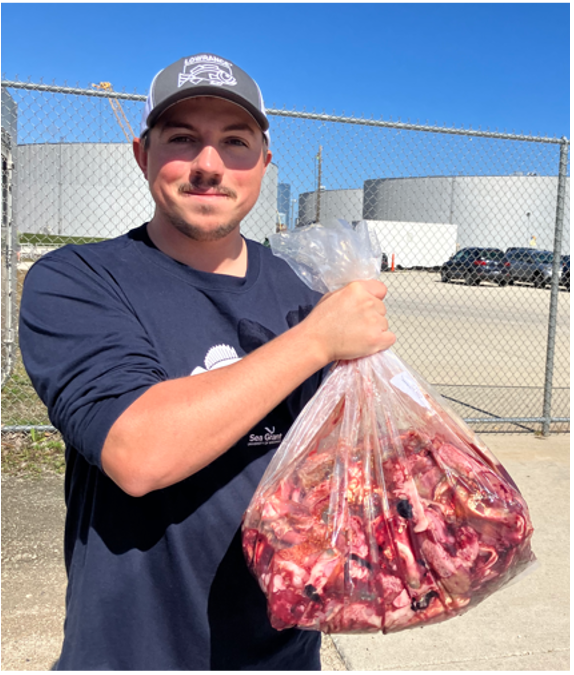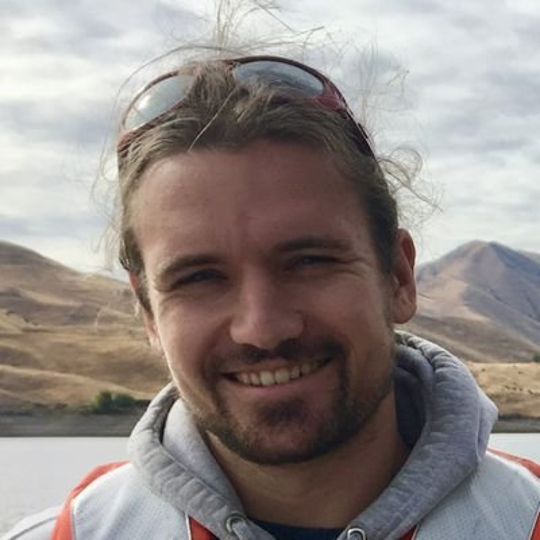Two new grants set to build water-related workforce development
The labor landscape in Wisconsin is closely bound to demographics and it comes down to this simple reality: shoes are not being filled.
U.S. Census data shows Wisconsinites of traditional retirement age, 65, have increased 42% since 2005. At the same time, the number of people entering the workforce is contracting because state birth rates have slowed and there are fewer young people. Another aspect of this workforce-shortage trend is that young people are bypassing Wisconsin, choosing to work and live elsewhere as they chase their American dreams.
Now, thanks to an infusion of two new grants, Wisconsin Sea Grant is positioned to facilitate the paths young people are considering as they sort through workforce choices, including where they may eventually want to find training and education, take a job and make a home.
With $592,332 in support from the Freshwater Collaborative of Wisconsin (FWC) over two years, the Freshwater@UW Summer Research Opportunities Program will continue its work to develop Wisconsin’s next generation of freshwater scientists.
The program matches water-related mentors from throughout the University of Wisconsin System with undergraduates to guide them in an immersive research experience and acquaint them with the many graduate school opportunities in Wisconsin.
The program just wrapped up its second summer, which attracted 31 students from across the nation to work on the system campuses at Eau Claire, Green Bay, La Crosse, Madison, Milwaukee, Oshkosh and Superior.
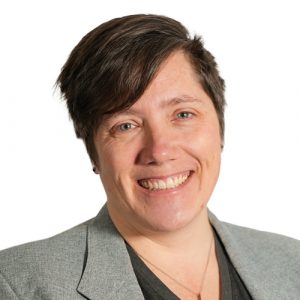
Alison Mikulyuk is coordinating the work of summer research scholars.
Sea Grant’s Alison Mikulyuk coordinates the program which, she said, is growing freshwater research and the workforce through collaborative, cross-system programming that trains and will, ultimately, recruit, retain and diversify the next generation of water professionals.
“The program attracts talented students to the Badger State where they gain skills that are directly applicable to future work in Wisconsin,” Mikulyuk said. “Having just seen these young people through the summer, I’m incredibly inspired. The students made an impressive showing at the recent Summer Research Symposium, and so many of them have had life-altering experiences that I know will fuel their future accomplishments.”
The second two-year FWC grant will provide $207,400 for a project called “Partnering to Boost Aquaculture Workforce Development in Wisconsin.”
Sharon Moen, food-fish outreach coordinator, conducted a 2020 needs assessment of Wisconsin’s food-fish farmers and heard over and over again the need to bring young people into the industry.
“The U.S. imports more than 70% of its fish and shrimp. About half of these imports come from overseas farms. Meanwhile, consumers are calling for locally produced food that supports American jobs, and the health of themselves and their loved ones. Wisconsin aquaculture, aquaculture being another word for fish farming, is primed to meet that demand,” Moen said. “The industry just needs workers and this project will expand training opportunities, linking commercial fish farms in the state to high schools, colleges and universities to foster farm experiences and skill-building workshops.”
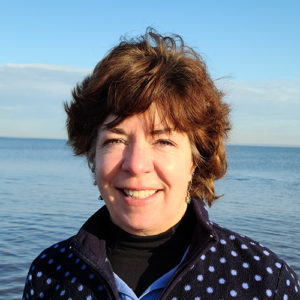
Sharon Moen will work with colleagues on aquaculture industry workforce development.
She said one such idea for that skill-building will be supporting high school teams to participate in an existing annual aquaculture competition. Students design and build a system to grow fish.
Moen will work with Sea Grant colleagues Dong-Fang Deng and Emma Hauser, both aquaculture outreach and education specialists. Deng is based at the University of Wisconsin-Milwaukee and Hauser works out of UW-Stevens Point Northern Aquaculture Demonstration Facility on the Bayfield Peninsula, not too far from Lake Superior.
“With Dong-Fang’s and Emma’s connections and our collective enthusiasm for this project, we are looking forward to successfully inspiring young people to enter the aquaculture workforce. It can offer a good standard of living and a remarkable quality of life,” Moen said.
The Freshwater Collaborative of Wisconsin is a partnership of Wisconsin’s 13 public universities, connecting with industry partners, local communities, policymakers and advocacy groups. Its mission is to establish Wisconsin as a world leader in freshwater science, technology, entrepreneurship and economic growth. The Freshwater Collaborative of Wisconsin is training the next generation of scientists to solve global water resource problems through academic programs, collaborative research and career development across the UW System.



